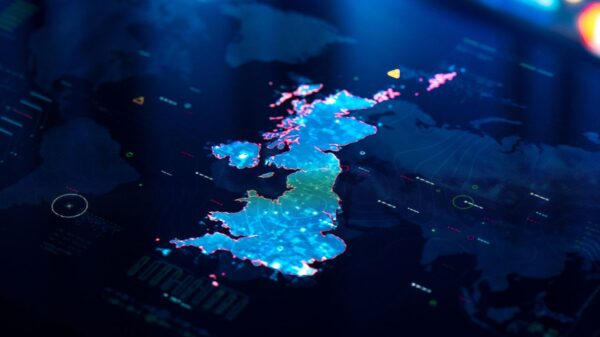Artificial intelligence models, including popular platforms like ChatGPT, are known to consume significant amounts of energy. As the use of AI continues to proliferate across industries, understanding where this energy goes and how it impacts the environment is becoming increasingly important. Experts are now shedding light on the energy demands of AI and offering insights into how users can mitigate their carbon footprint.
The energy consumption of AI models is primarily driven by the computational power required to train and operate these systems. Training large-scale AI models involves processing enormous datasets, which demands substantial electricity. According to recent studies, the power usage of AI can be equivalent to the energy consumption of entire small cities.
The Mechanics of AI Energy Use
AI models rely on data centers equipped with powerful hardware to perform complex calculations. These data centers, often housing thousands of servers, require not only electricity to power the machines but also cooling systems to prevent overheating. This dual demand contributes significantly to the overall energy consumption.
Dr. Emily Chen, a leading researcher in AI sustainability, explains, “The energy use of AI is not just about the computations themselves. It’s also about maintaining the infrastructure that supports these computations. The cooling systems, in particular, are a major energy drain.”
“The energy use of AI is not just about the computations themselves. It’s also about maintaining the infrastructure that supports these computations.” — Dr. Emily Chen
Comparing AI to Other Technologies
To put AI’s energy consumption into perspective, it’s helpful to compare it with other technologies. For instance, traditional data processing tasks consume far less energy than AI model training. The difference is due to the complexity and volume of data AI systems handle.
Historically, the rise of the internet also saw a spike in energy use, but AI’s demands are on another scale. According to a report by the International Energy Agency, the energy consumption of data centers worldwide increased by 10% annually during the early days of the internet. In contrast, AI-related energy use is expected to grow at an even faster pace.
Steps Towards Sustainability
As awareness of AI’s energy demands grows, efforts to make AI more sustainable are underway. Companies are exploring various strategies to reduce their carbon footprint, including optimizing algorithms to require less computational power and investing in renewable energy sources to power data centers.
Users can also play a role in reducing energy consumption by being mindful of their AI usage. For example, limiting the number of AI queries and opting for less energy-intensive models when possible can contribute to overall energy savings.
By the Numbers: AI energy consumption is projected to increase by 50% over the next five years, driven by the growing demand for AI applications.
The Future of AI and Energy
The future of AI is closely tied to advancements in energy efficiency. As technology evolves, there is potential for significant improvements in how AI models are developed and deployed, potentially reducing their environmental impact.
Looking ahead, the integration of AI with emerging technologies such as quantum computing could further alter the energy landscape. Quantum computing promises to perform calculations far more efficiently than current systems, which could dramatically cut down on energy usage.
In conclusion, while AI offers transformative potential across numerous sectors, its energy demands present a challenge that must be addressed. Through a combination of technological innovation and conscious user behavior, it is possible to harness AI’s capabilities while minimizing its environmental footprint.








































































